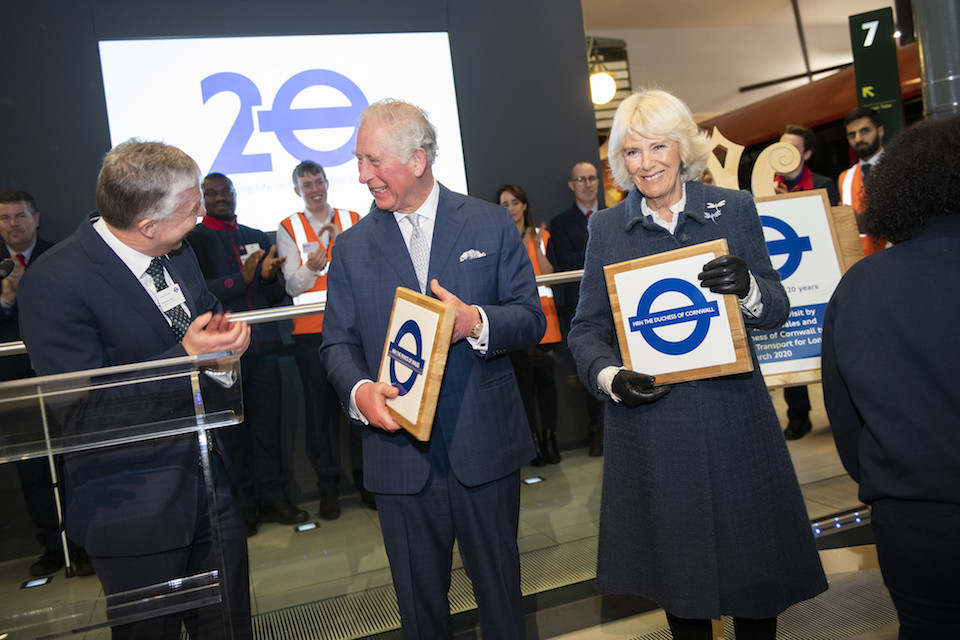UK Rail Reform Bill delayed by … late running reform bills

In an announcement to everyone awaiting the arrival of the Rail Reform Bill, the UK Government apologises for the late arrival of their service. This is due to the late running of several other preceding bills. The Rail Reform Bill will be read in this session of the UK Parliament, but only in draft form. That means the introduction of Great British Railways, even to the statute book, will not happen in the year the new infrastructure and management agency was initially slated to become operational.
With the prospect of a general election in 2024 and a possible change of government, there are now question marks over the eventual implementation of the shift away from the incumbent set-up.
Massive political derailment
Rail reform has been a talking point in the British political circle. It has been there almost from the day that the industry was denationalised in the early 1990s. While there has been some dismay that the UK government has been on the slow line with introducing rail reform, voices have been raised saying their caution is justified. It can be hardly surprising that the team tasked with implementing the reform broadly agrees with the King’s Speech. Given the scale and complexity of the changes, a process called pre-legislative scrutiny will, according to the Great British Railways Transition Team, help the legislation needed to create GBR to have a swifter passage through Parliament when time allows.
The industry has already been calling for the process to be fast-tracked. The representative Rail Freight Group is on record, urging Government action. However, the political turmoil, largely brought on the government’s head by the ruling Conservative Party’s own internal squabbling, has pushed the parliamentary timetable into arrears. Couple that with the possibility of a massive political derailment if rail reform is messed up, and the UK government has decided to act out of caution rather than haste. The Secretary of State for Transport, Mark Harper, has asked the leadership of the Department for Transport (DfT), the Great British Railways Transition Team (GBRTT) and Network Rail to work together to provide industry leadership until legislation is in place.
Bringing track and train closer together
“This is a clear statement that GBR remains the destination”, said Rufus Boyd, the interim lead director of GBRTT. “Given the scale of the changes being made to the sector, it will help the Bill to have a swifter passage through Parliament when legislation is brought forward. As a transition team, our role will need to evolve from primarily focused on setting up GBR to further applying the capability we have built as a whole-system thinker to support the sector in tackling today’s challenges within the current legal framework. We’re calling on industry leaders to join us in making whole-railway thinking the new normal and, crucially, to find ways to deploy that thinking in as many areas, as swiftly as possible.”

There was concern that any form of railway bill would be left out of the King’s Speech, effectively leaving the industry with no clear direction at all. “We welcome the news that this Draft Bill has been included in the King’s Speech. The Railway Industry Association and 70 of our members campaigned on this earlier this year”, said Darren Caplan, Chief Executive of the Railway Industry Association, representing the supply chain in the industry.
“Whilst we would have wanted a full Transport Bill providing for GBR, today’s inclusion of a Draft Bill does seem to be progress and a statement of Government intent to reform rail, ultimately bringing track and train closer together, and developing a “guiding mind” and a long-term plan for the railways. We urge the Government to begin the pre-legislative scrutiny process without delay. The Government now needs to push on with any measures which help build a vibrant, world-class railway for the future and avoids any hint of so-called managed decline regarding the future of UK rail.” The industry will eagerly wait for the next announcement, even if the King isn’t making it.




